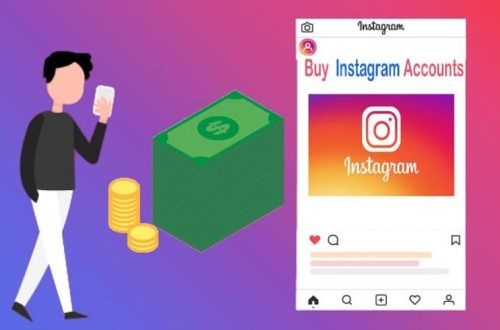In the ever-evolving landscape of commerce, the digital realm continues to reshape the way businesses operate and consumers engage with products and services. The rise of e-commerce has been nothing short of revolutionary, offering convenience, accessibility, and an endless array of options at the touch of a button. However, as technology advances and consumer preferences evolve, the future of e-commerce lies not just in tangible goods but in the untapped potential of affiliation products.
Digital products encompass a vast spectrum of offerings, including e-books, online courses, software, digital art, music, and much more. Unlike physical products, digital goods can be replicated infinitely at minimal cost, making them highly scalable and lucrative for businesses. Moreover, the digital format allows for instant delivery, eliminating the need for shipping and reducing environmental impact—a win-win for both businesses and consumers.
So, what does the future hold for e-commerce in the realm of digital products? Let’s explore some key trends and opportunities shaping this exciting landscape:
- Personalization and Customization: One of the most significant advantages of digital products is the ability to tailor offerings to individual preferences. With data analytics and machine learning algorithms, businesses can gather insights into consumer behavior and create personalized recommendations, enhancing the overall shopping experience. Whether it’s recommending personalized workout plans, customized skincare routines, or curated playlists, the future of e-commerce lies in catering to the unique needs and preferences of each customer.
- Subscription-Based Models: Subscription-based services have gained immense popularity in recent years, offering consumers access to a curated selection of digital content or software for a recurring fee. From streaming platforms like Netflix and Spotify to software-as-a-service (SaaS) solutions like Adobe Creative Cloud, subscription models provide businesses with a steady stream of revenue while offering consumers the flexibility to access digital products on-demand.
- Digital Marketplaces and Platforms: The proliferation of online marketplaces and platforms has democratized access to digital products, allowing creators and entrepreneurs to reach a global audience with ease. Whether it’s selling digital artwork on platforms like Etsy or distributing e-books through Amazon Kindle Direct Publishing, these marketplaces provide a convenient and cost-effective way to showcase and sell digital goods. Additionally, emerging blockchain-based platforms offer decentralized marketplaces where creators can monetize their work directly, bypassing intermediaries and retaining greater control over their intellectual property.
- NFTs and Digital Collectibles: Non-fungible tokens (NFTs) have emerged as a revolutionary technology, enabling the ownership and exchange of unique digital assets on the blockchain. From digital art and collectible trading cards to virtual real estate and in-game items, NFTs open up new avenues for creators to monetize their digital creations and for collectors to own rare and exclusive digital assets. While still in its nascent stages, the potential for NFTs to disrupt the e-commerce landscape is immense, offering novel ways to buy, sell, and trade digital products.
- Augmented Reality (AR) and Virtual Reality (VR): As AR and VR technologies continue to mature, they present exciting opportunities for immersive shopping experiences in the digital realm. Imagine trying on virtual clothes before making a purchase or visualizing furniture in your living room through augmented reality. By bridging the gap between the physical and digital worlds, AR and VR have the potential to revolutionize the way consumers interact with digital products, enhancing engagement and driving sales.
In conclusion, the future of e-commerce lies in harnessing the power of digital products to create innovative, personalized, and immersive shopping experiences. From personalized recommendations and subscription-based models to NFTs and augmented reality, the possibilities are limitless for businesses and creators looking to capitalize on the digital revolution.





